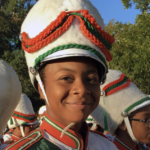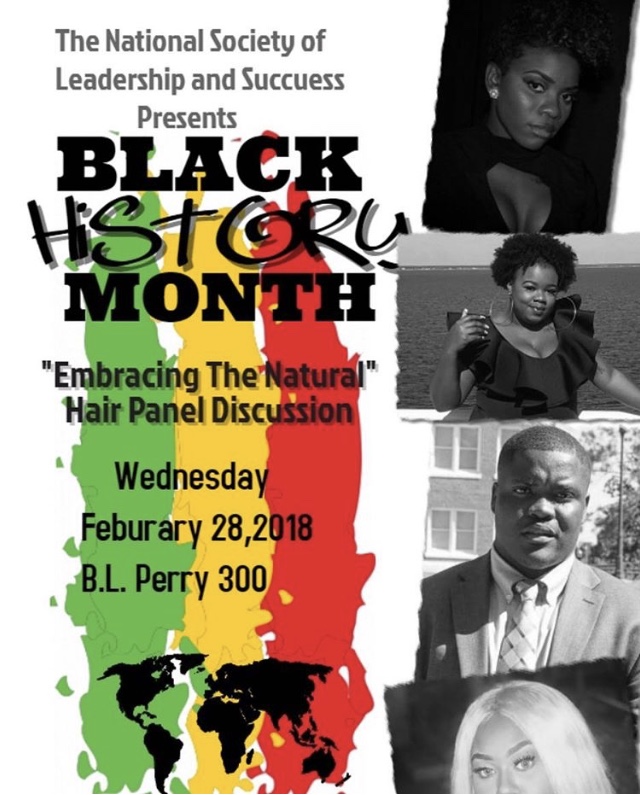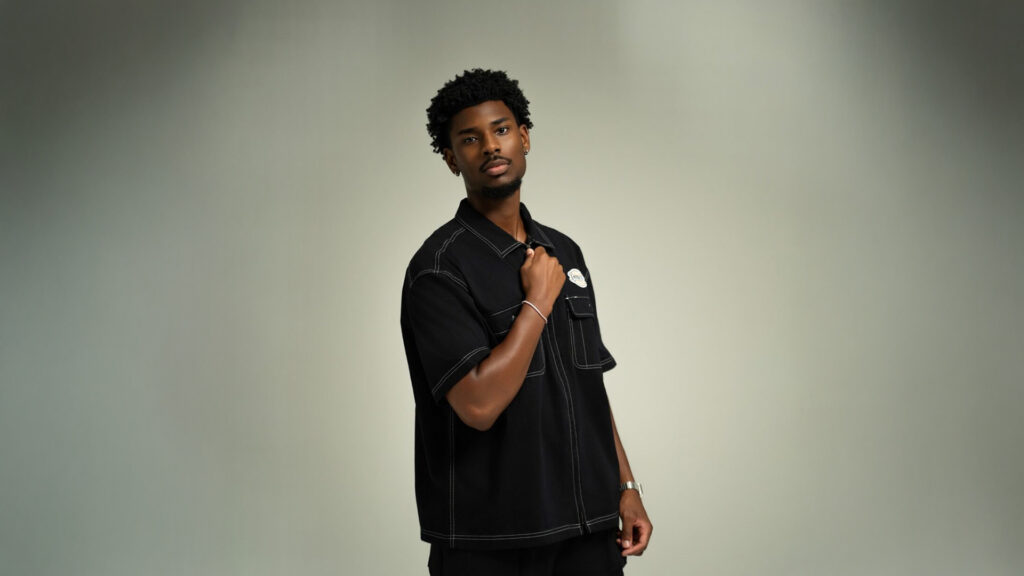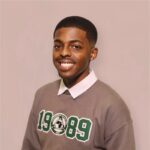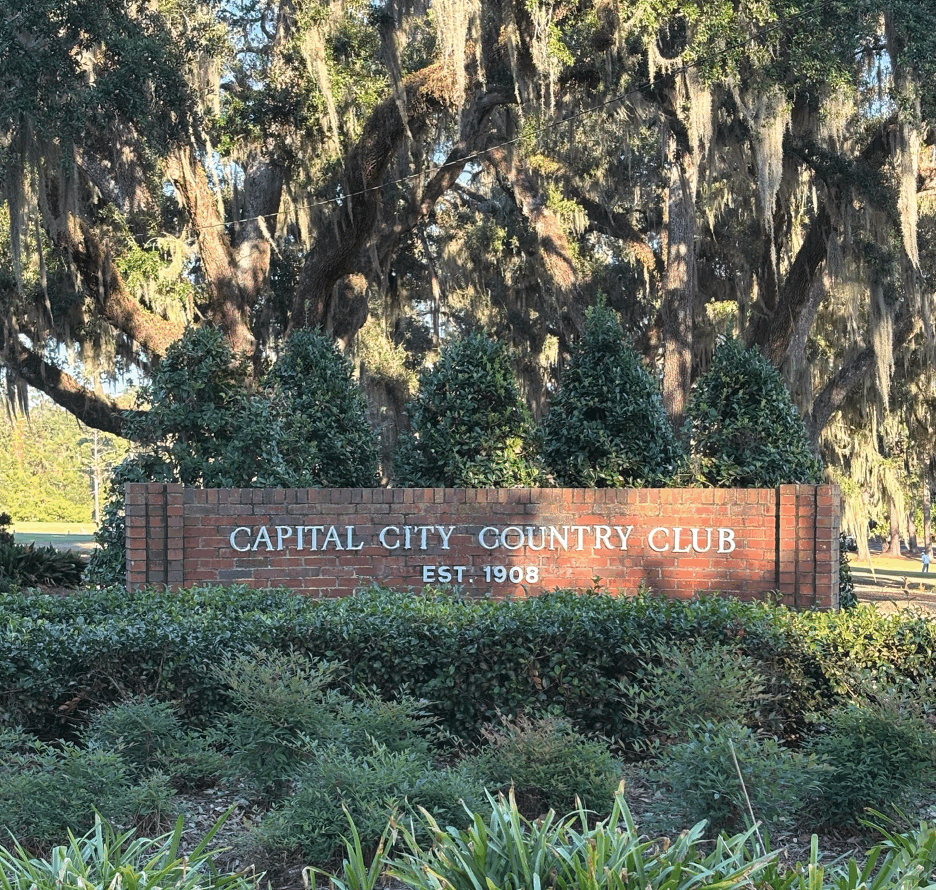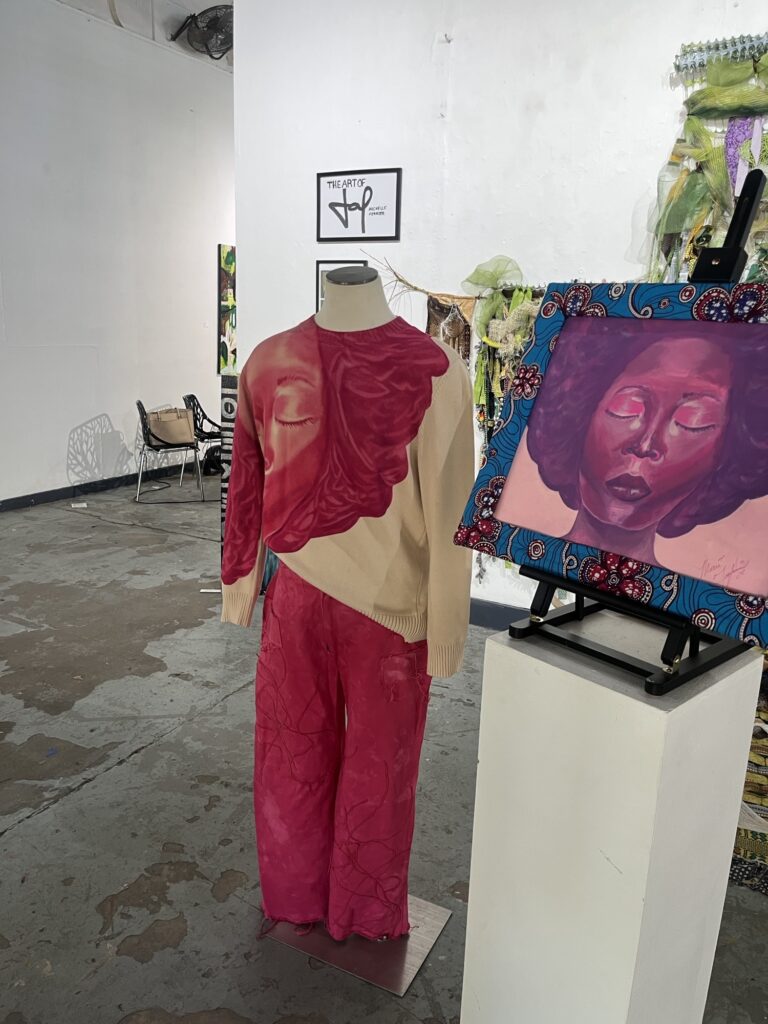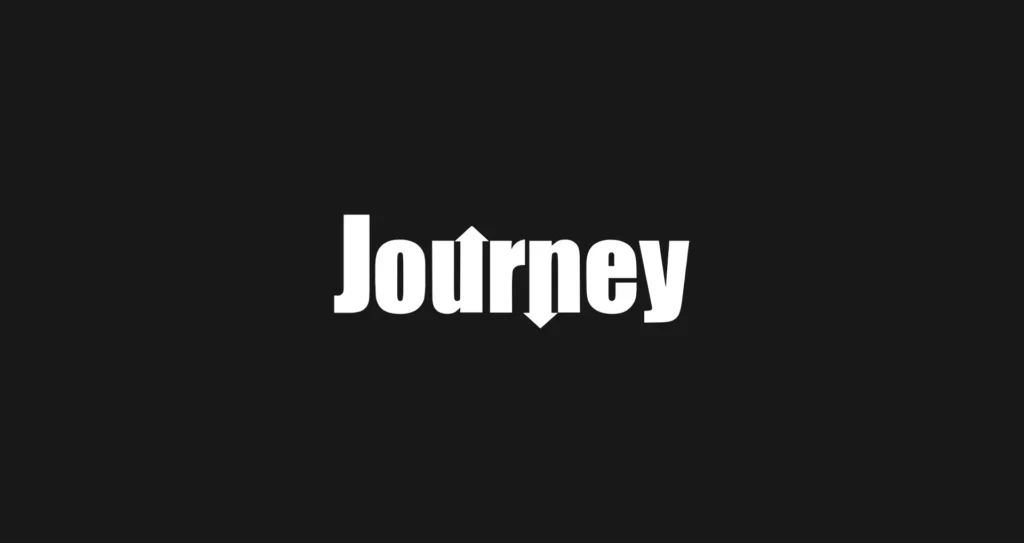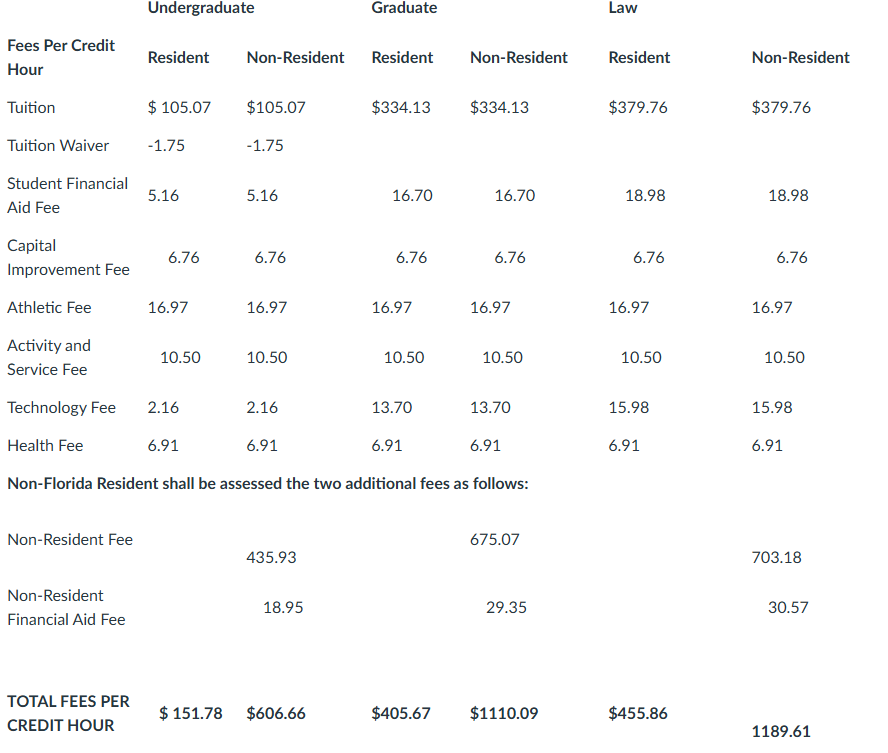By| Simone Williams
Hair in the black community is a multi-dimensional topic. Conversation can span from the complex mechanics of afro-centric hair to the social implications of how we express ourselves through our hair.
This past Wednesday, the National Society of Leadership and Success sought to tackle the topic of black hair by hosting a natural hair panel discussion titled “Embracing The Natural.” Theresa Ballard, J. “Hollywood” London and Bryton Legree served as the charismatic panelists for the evening.
One of the many topics discussed was the complexity of the natural hair movement. While many appreciated the growth in black hair knowledge and pride, Ballard surprised many when revealed that she is sometimes criticized for wearing multi-colored weaves and wigs by “natural-istas” who question her “woke-ness.”
That was not the only surprise of the night. One would think that this conversation would be mostly female oriented, however the men present had a lot to offer. When asked what kind of hair men prefer, Legree said, “You’ll be surprised how many of us like natural hair….. I like natural if it naturally fits you.”
Between jokes about spray-on hairlines and beard fill-ins, the men also opened up about their own beauty struggles. Sydney Fleeks chimed in to say that men don’t exchange grooming tips as freely as women do. He said, “It’s a pride thing.”
Legree elaborated further: “The stereotypes that go along with being a well groomed man are sometimes so overbearing.”
As the night continued, so did the exchange of stories and struggles. As many shared their own experiences in hair care and hair pride, many others chimed in in solidarity, affirming that they shared similar experiences.
As the host and producer of this event, Tanzania Ralph was methodic in orchestrating the conversation. She posed her thought provoking questions to the panel first before opening it up for all attendees to respond. The result was a very unique and organic conversation that was less of a panel event and more of a town hall discussion.
Hopefully open and inclusive discussions like this can continue to foster a culture of understanding and acceptance here at FAMU.
